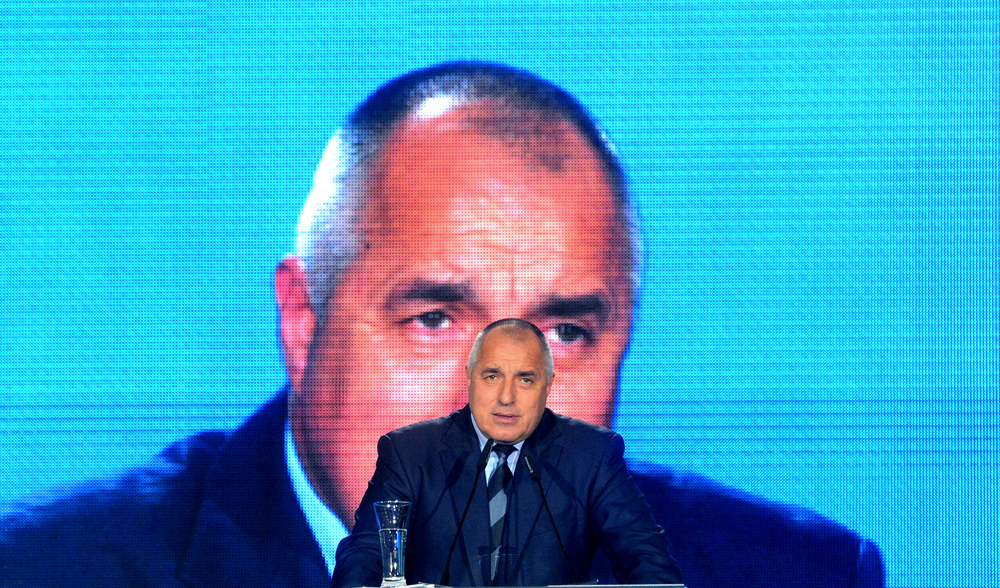
Boyko Borisov © Ju1978/Shutterstock
In the early elections on Sunday 2 October in Bulgaria, GERB, the party of former Prime Minister Boyko Borisov, is back as the leading political force in the country with 25% of the votes. However, the difficulties remain and it is not certain that parliament will be able to express a solid majority
GERB (Citizens for a European development of Bulgaria) of former centre-right Prime Minister Boyko Borisov wins, but the political landscape remains fragmented and uncertain, and it is not certain that the new Bulgarian parliament will be able to express a stable majority.
These are the first considerations after yesterday's vote, when Bulgarian citizens were called to the polls for the fourth time in just a year and a half. With the results conditioned by a high rate of abstention, GERB is once again the first party with over 25% of the votes.
In second place, as predicted by the polls, we find "Let's continue the change" of former reformist Prime Minister Kiril Petkov, just above the 20% threshold. Further down, the Movement for Freedoms and Rights (DPS) – a traditional expression of the ethnic Turkish electorate – with over 13%.
Good performance for the pro-Russian nationalists of Vazrazhdane (Resurgence), who double the approval of the last round to reach 10%, and thus overtake the socialists, who just exceeded 9%. In the next parliament there will then be the right-wing liberals of "Democratic Bulgaria" (7.5%) and another pro-Russian party, "Bulgarian Rise", led by former Defence Minister Stefan Yanev.
Out of the game remains the populist project "There is a people like this" by showman and singer Slavi Trifonov, who after a short season of glory fails to overcome the 4% barrier. Record numbers instead for the option "I do not support any party", provided for by the Bulgarian electoral legislation, which was chosen on 3.5% of the ballots, reflecting the tiredness and disillusionment of an important part of the electorate.
What emerges is therefore a fragmented political landscape, without clear formulas for achieving a stable majority capable of leading the country over the next four years. The task of trying naturally falls on GERB and its leader.
The cumbersome figure of Borisov, severely contested in recent years with accusations of corruption and family management of power, however, risks undermining from the outset the coalition opportunities of his party, which has remained highly isolated in recent years. For now, Borisov has only thanked his voters with a post on his Facebook account, while remaining laconic on the possible next moves he wants to take.
The leaders of “Let's continue the change”, after acknowledging the defeat, denied any possibility of post-election alliances with GERB. "The responsibility for forming a new government rests with GERB", Petkov said at the end of election day. "We will not betray the promises made to our voters".
For now, signs of openness have come from the DPS, but also from "Bulgarian Rise" which, apart from pro-Russianism, remains a party with still unclear political features. However, even in the case of their inclusion in the formula of government, finding the 121 votes necessary to form a majority remains a challenge. A further inclusion of Vazrazhdane – albeit feared by some observers – would however be complicated by the party's even more overtly pro-Russian positions.
Despite the fourth attempt, therefore, the long period of political instability in Bulgaria does not seem to be over and the country is preparing to face a difficult winter – especially due to the effects of the war in Ukraine and its economic and geopolitical repercussions – without a clear perspective.
One possibility that is already being discussed is that of a broad coalition with precise objectives, and lasting six months or a year. The alternative, which many would like to avoid – is new elections next spring.
















 To Top
To Top